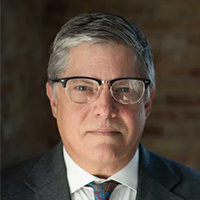Wisconsin Felony Lawyer List
Kirk Bowden Obear
✓ VERIFIEDSheboygan Felony Lawyer
Wisconsin Statewide Criminal Defense in all State and Federal Courts
Attorney Kirk Obear came to Wisconsin in 1999 after serving in the U.S. Air Force for more than ten years. He graduated summa cum laude from Mount Oli... (more)
FREE CONSULTATION
CONTACTFREE CONSULTATION
CONTACTTracey Ann Wood
Criminal, DUI-DWI, Felony, White Collar Crime, Motor Vehicle
Status: In Good Standing Licensed: 32 Years
FREE CONSULTATION
CONTACTCole J. White
Criminal, Felony, Divorce & Family Law, Employment
Status: In Good Standing Licensed: 11 Years
FREE CONSULTATION
CONTACTJ. Steven House
Traffic, Felony, DUI-DWI, Criminal, Misdemeanor
Status: In Good Standing Licensed: 25 Years
FREE CONSULTATION
CONTACTJordan C. Loeb
Federal Trial Practice, Federal, Felony, Criminal
Status: In Good Standing Licensed: 30 Years
Wendy A. Patrickus
Criminal, Traffic, Felony, Misdemeanor
Status: In Good Standing Licensed: 36 Years
Christopher T. Van Wagner
Motor Vehicle, Criminal, Felony, Computer Law
Status: In Good Standing Licensed: 30 Years


